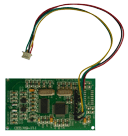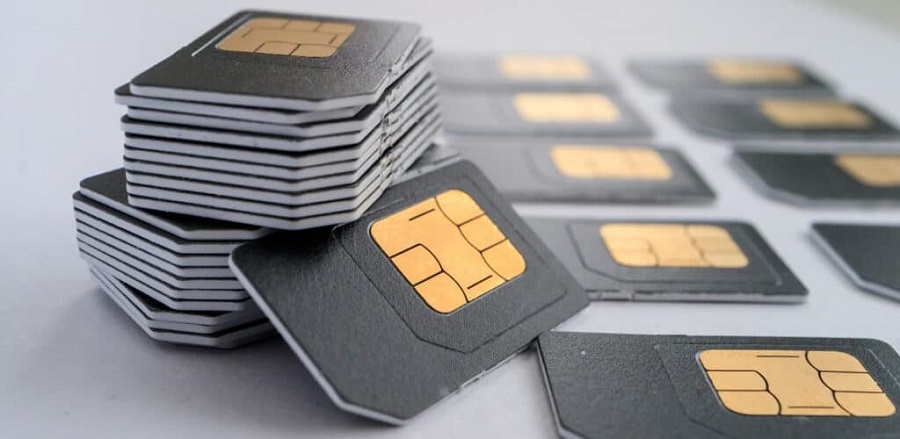This spring, facial recognition algorithms reportedly identified 30,000 fraudulent SIM cards in Gujarat, an Indian state on the west coast.
This is in addition to the undetermined number of counterfeit SIM cards that government officials removed from circulation in the Mewat region in February. They were among the half a million SIM cards discovered by anti-fraud officials to have been improperly registered.
In both instances, officials utilized a facial recognition service to conduct so-called SIM subscriber verification. Using the algorithm to examine telco databases revealed hundreds of instances of suspiciously similar features associated with multiple service applications and accounts.
According to the local news publisher Times Now, some retailers purportedly used a single photo to activate hundreds or even thousands of cards with different names. In Gujarat, 37 arrests have been made based on information uncovered during the campaign.
In a critical article, another Indian publication, MediaNama, notes that in order to achieve their objectives, government officials had to unleash algorithms on the entire consumer database of a telco. The publication argues that biometric verification without informed consent violates a subject's right to privacy under the Constitution.







































































